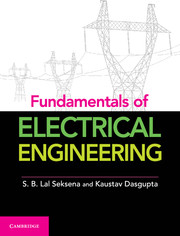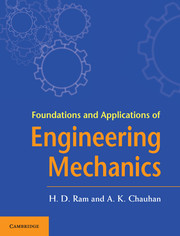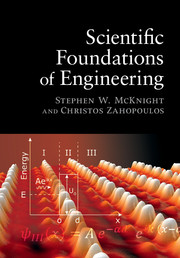Fundamentals of Electrical Engineering
The understanding of fundamental concepts of electrical engineering is necessary before moving on to more advanced concepts. This book is designed as a textbook for an introductory course in electrical engineering for undergraduate students from all branches of engineering. The text is organized into fourteen chapters, and provides a balance between theory and applications. Numerous circuit diagrams and explicit illustrations add to the readability of the text. The authors have covered some important topics such as electromagnetic field theory, electrostatics, electrical circuits, magnetostatics, network theorems, three-phase systems and electrical machines. A separate chapter on measurement and instrumentation covers important topics including errors in measurement, electro-mechanical indicating instruments, current transformers and potential transformers in detail. Pedagogical features are interspersed throughout the book for better understanding of concepts.
- Numerous circuit diagrams and explicit illustrations add to the readability of the text
- Important topics such as electromagnetic field theory, electrostatics and electrical circuits are discussed in detail
- Exhaustive pedagogical features are included in each chapter to help students to understand and assess various concepts of electrical engineering
Product details
February 2017Paperback
9781107464353
650 pages
240 × 184 × 26 mm
0.89kg
Available
Table of Contents
- Preface
- 1. Basic electrical principle and components
- 2. Electrical circuits
- 3. Electrostatic
- 4. Fundamentals of Ac and AC circuits
- 5. Magnetostatic
- 6. Magnetic circuit
- 7. Three phase system
- 8. DC machine
- 9. Transformer
- 10. Three phase induction motor
- 11. Synchronous machine
- 12. An introduction to power system
- 13. Measurement and instrumentation
- 14. Basic electrical technology.






